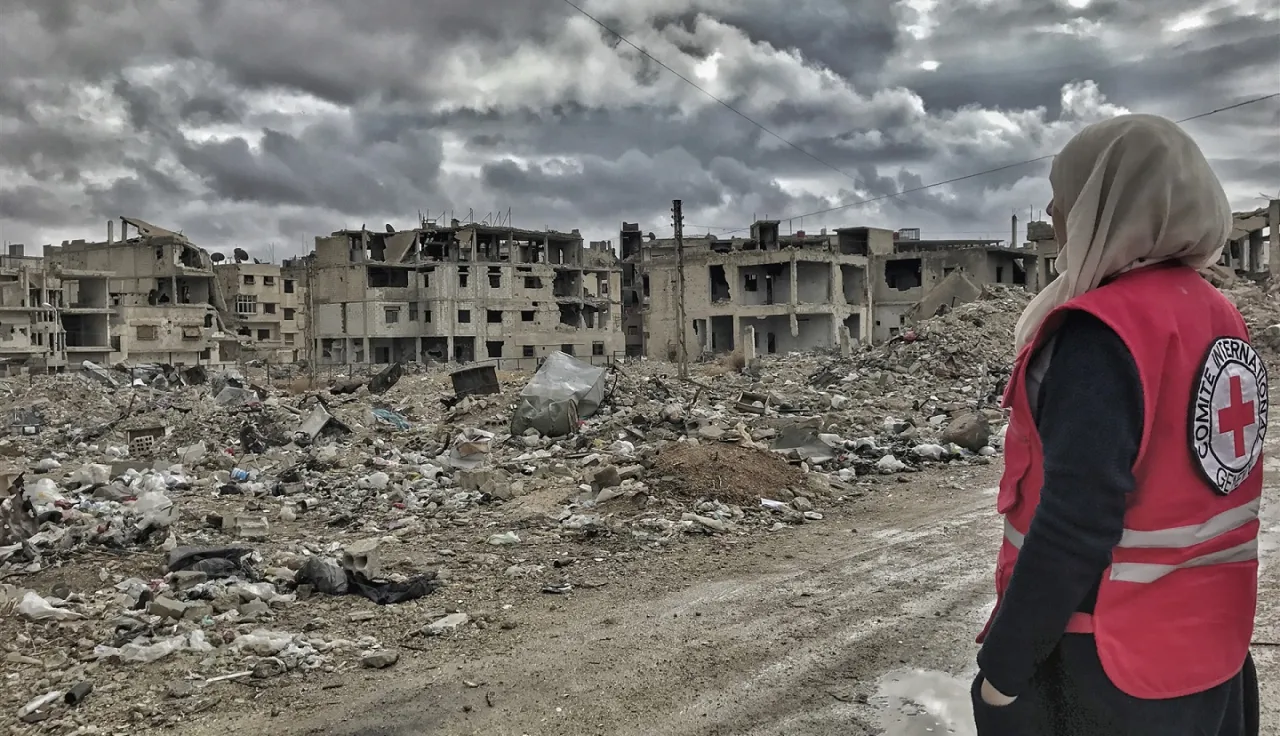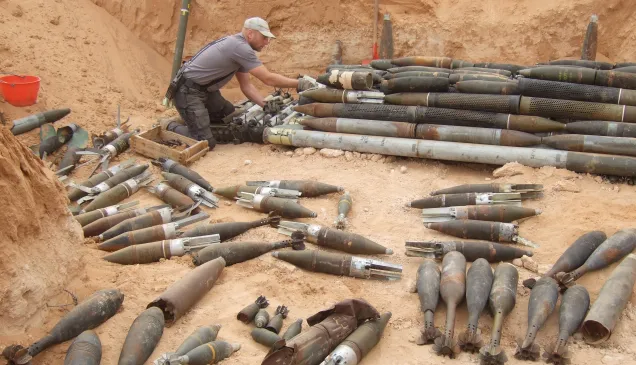Mr Chair, Excellencies, Ladies and Gentlemen,
This meeting is taking place at a time when armed conflicts in many parts of the world are causing widespread destruction and a staggering loss of life.
Civilians in Gaza and Israel are forced to endure tremendous suffering and loss, and there is an urgent need for safe and sustained humanitarian access across Gaza. The international armed conflict between Russia and Ukraine is fuelling a devastating humanitarian crisis affecting the lives of millions. In Sudan, brutal violence has left deep scars on families and communities. These and other conflicts have long-lasting and far-reaching consequences. Violence in the Sahel region has forced nearly two million people from their homes. Seventy per cent of the people living in Yemen rely on humanitarian aid to survive. Over a decade on, millions of people across Syria continue to bear the brunt of a conflict compounded by various crises. And even after conflicts have ended or subsided, unexploded munitions still haunt communities, as in Afghanistan and northern Ethiopia, for example.
Observations of the International Committee of the Red Cross (ICRC), shared by Maya Brehm, Legal Adviser (Arms and Conduct of Hostilities Unit), at an informal session of the Meeting of High Contracting Parties to the Convention on Certain Conventional Weapons (CCW) on 16 November 2023.
In these and many other places where the ICRC works, we continue to witness first-hand the unacceptable human toll exacted by the use of heavy explosive weapons in populated areas (EWIPA). Such weapons have devastating direct and indirect humanitarian consequences over both the short and long term.
We call on all states and parties to armed conflict to avoid the use of explosive weapons with a wide impact area in populated areas, and we urge all states to endorse and fully implement the landmark political declaration on EWIPA.




